A dive into deeper waters: “Percy Jackson and the Olympians” review
For many of us who grew up in the 2010s, the “Percy Jackson” franchise — featuring the allure of a fantasy world where Greek mythology comes to life and the dyslexic son of a god gets magical powers — shaped our adolescent lives. The TV adaptation of the series, streaming on Disney+, now brings many fans back after their middle-school fiction phase. But does the show do this beloved series justice?
Before Release
This isn’t the first time Hollywood brought Percy to the silver screen. In 2010 and 2013, actor Logan Lerman gave an amazing(ly bad) performance in the first and only movie adaptation of the series. The movies covered the first two books, “The Lightning Thief” and “The Sea of Monsters,” and received a surprisingly forgiving 49 percent and 42 percent, respectively, on Rotten Tomatoes. For those unfamiliar with Percy Jackson, you might be surprised to discover that these movies exist, but I assure you that there is a reason they were left forgotten by fans.
In May 2020, “Percy Jackson” author Rick Riordan announced that this time Percy’s return would fall under his control. Meaning this time, he would be directing “Percy Jackson and the Olympians.” However, when the show’s cast was announced, some die-hard fans were upset to find that the actors for the three main characters did not match their physical descriptions from the book — in particular, Leah Sava Jeffries (Annabeth Chase), was Black. Jeffries was bashed online by fans who discredited her talent, claiming she was only cast for diversity.
Riordan condemned the racist remarks in a website post, saying, “I was looking for the best actors to inhabit and bring to life the personalities of these characters, and that physical appearance was secondary for me. Leah Jeffries is Annabeth Chase.”
Riordan, a former middle school teacher, wrote the Percy Jackson series to create a fantastical world for kids with learning differences who felt ostracized from their peers; seeing fans using it to exclude other marginalized groups is extremely disappointing. The power of reading stories like Percy Jackson is to resonate with the characters; saying that Annabeth must be white, blonde and gray-eyed completely takes away its magic.
First Impressions
On Tuesday, December 19, 2023, three years after the show’s announcement, the first two of eight episodes were released on Disney+. The show opened with Percy (Walker Scobell) reading the iconic intro of the book verbatim, warning the audience about being a halfblood (half-human, half-god). I was immediately hooked.
For the next six weeks, my sister and I made a ritual on Tuesday nights to watch the newest episodes, bonding over the childhood nostalgia it brought.
Like most viewers attached to the books, I wanted the story to be recreated with justice, and I believe it was. The show wasn’t necessarily a cinematic masterpiece, but the pop culture references and sarcastic humor made it feel like an inside joke for those who had read the original series.
The standout performances by Jeffries, Scobell and Aryan Simhadri (Grover) were perfect embodiments of the characters. Jeffries maintained Annabeth’s serious nature while slowly peeling back her layers, revealing her vulnerability through her loyalty and dedication to her friends. Jeffries’s assured exterior was balanced out by Scobell’s funny and witty performance, who cracked jokes in light of the characters’ troubles throughout their adventures. For example, in one scene, Percy begins “flossing,” a popular dance from the videogame “Fortnite”. Anyone who has seen Scobell’s advertisement for Kraft mac and cheese understands how his goofy nature is often shown through his work. Meanwhile, Simhadri stood as the moral anchor of the trio. With his gentle nature and unwavering morals, it was impossible not to immediately love him.
Overturning Stony Narratives
Despite sticking close to the original plot, Riordan expanded the narratives and relationships between characters, adding more depth to the original story. For example, episode three, titled “We Visit the Garden Gnome Emporium”, took a spin on the mythological creature Medusa.
For those unfamiliar with Medusa’s story, the myth goes that she, once a beautiful woman, fell in love with Poseidon, god of the sea, but he betrayed her love and raped her in Athena’s temple. Athena, feeling humiliated, cursed Medusa and turned her into an ugly monster that could never be looked upon again. Nowadays, tattooing medusa and her revenge-seeking snakes symbolizes a reclaiming of power for sexual assault survivors.
In the episode, Percy, Annabeth and Grover set off to find Zeus’s lightning bolt and return it to Olympus. On their way, they encounter Medusa, who offers the trio temporary shelter in her garden gnome store from Alecto, a fury who had terrorized them. Unlike the books, where the trio doesn’t discover Medusa’s identity until she tries to murder them, they are aware of her “stoney” reputation and still accept her offer. Medusa shares her life story, which Percy relates to as he too feels betrayed by the gods, and the viewer begins to ponder whether she truly is a monster or simply misunderstood. Despite the episode ending with Hermes (Lin Manuel Miranda) shipping her decapitated head off to Olympus, it was refreshing to see Medusa’s story told in a different light.
The future of Camp Half Blood
Fans may argue about other plot embellishments, such as changing the amount of pearls Percy was given to escape the underworld, but ultimately I believe each change in the show revitalized the original story, so that even fans like me could still enjoy it.
Due to its success, “Percy Jackson and the Olympians” will be returning for a second season. Stay tuned for more adventures from Seaweed Brain!



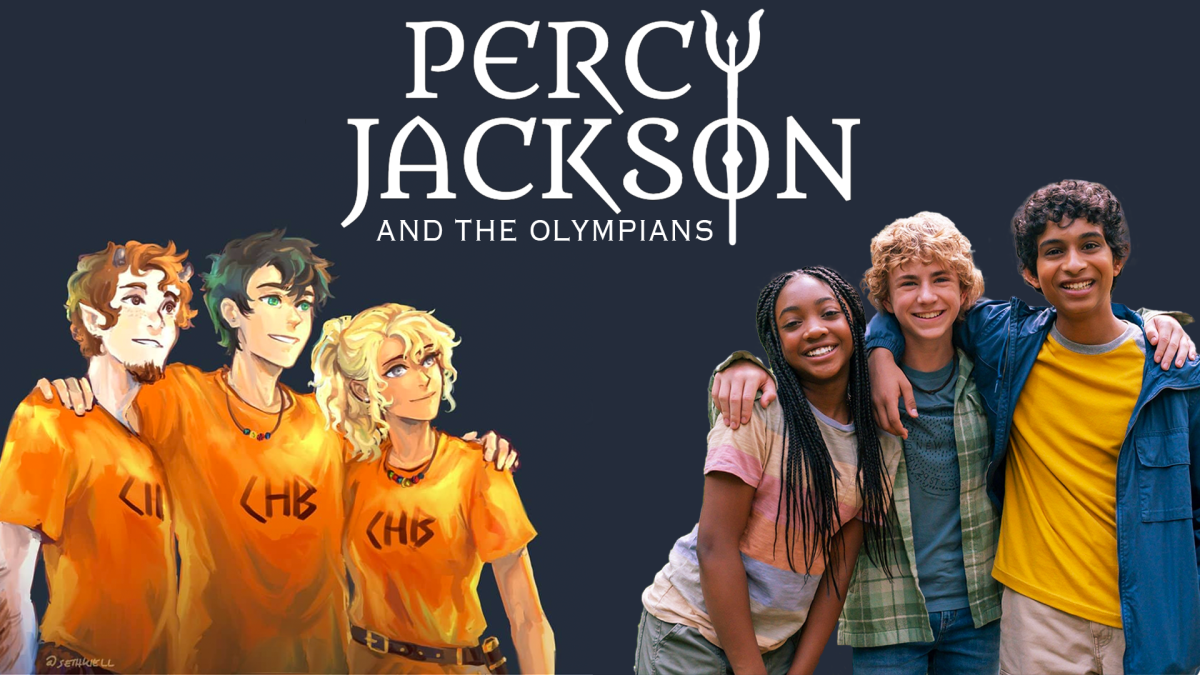











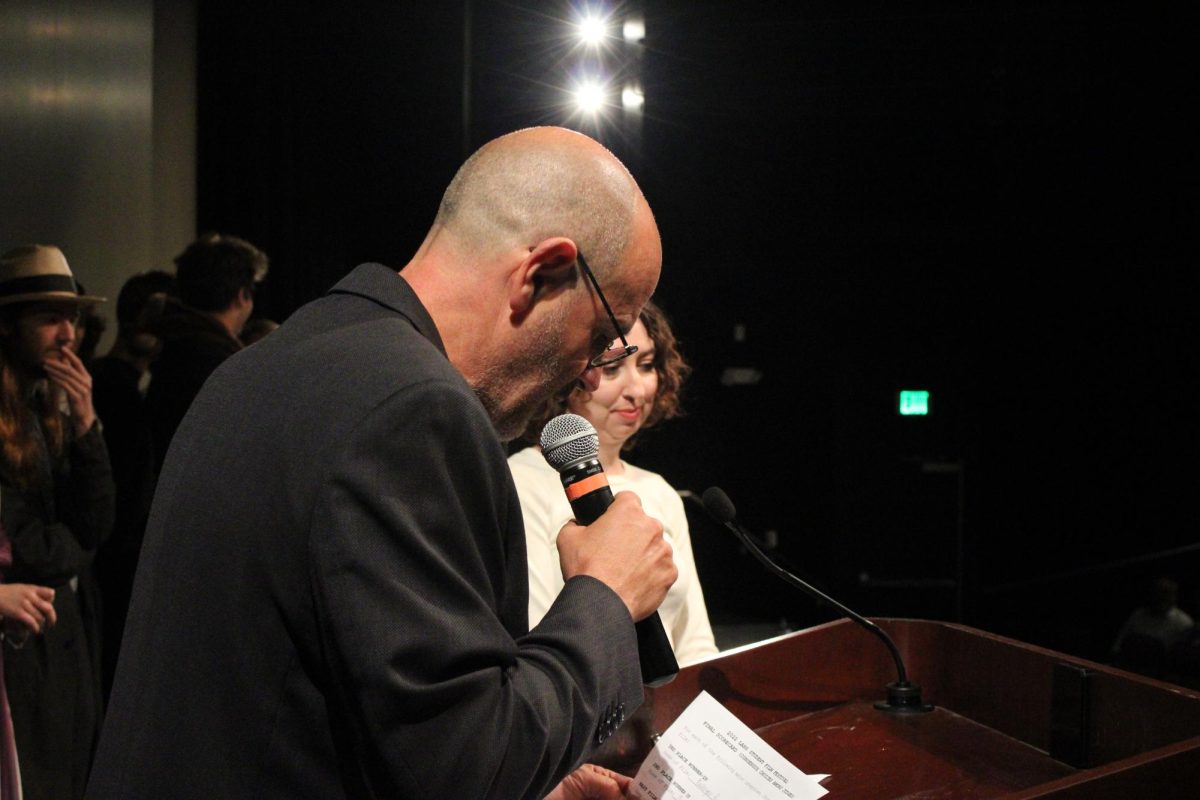
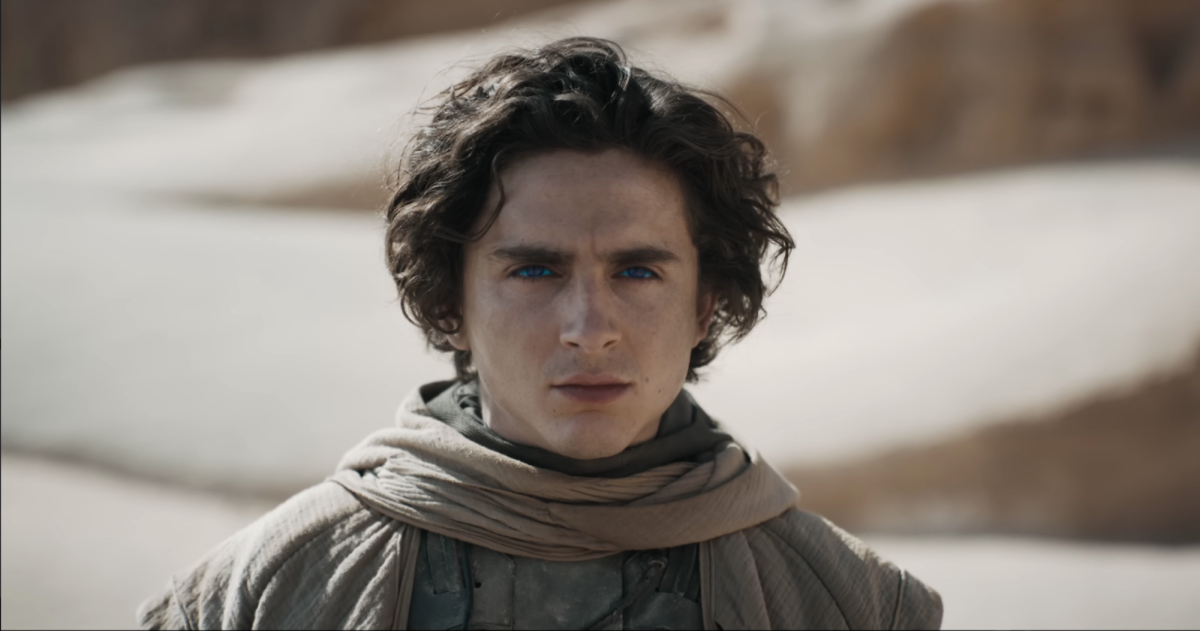

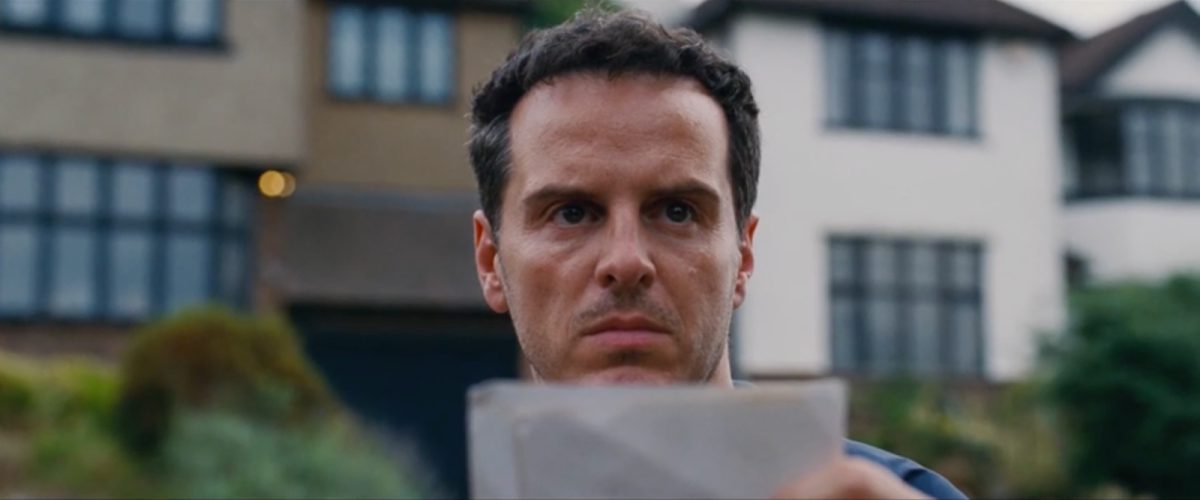

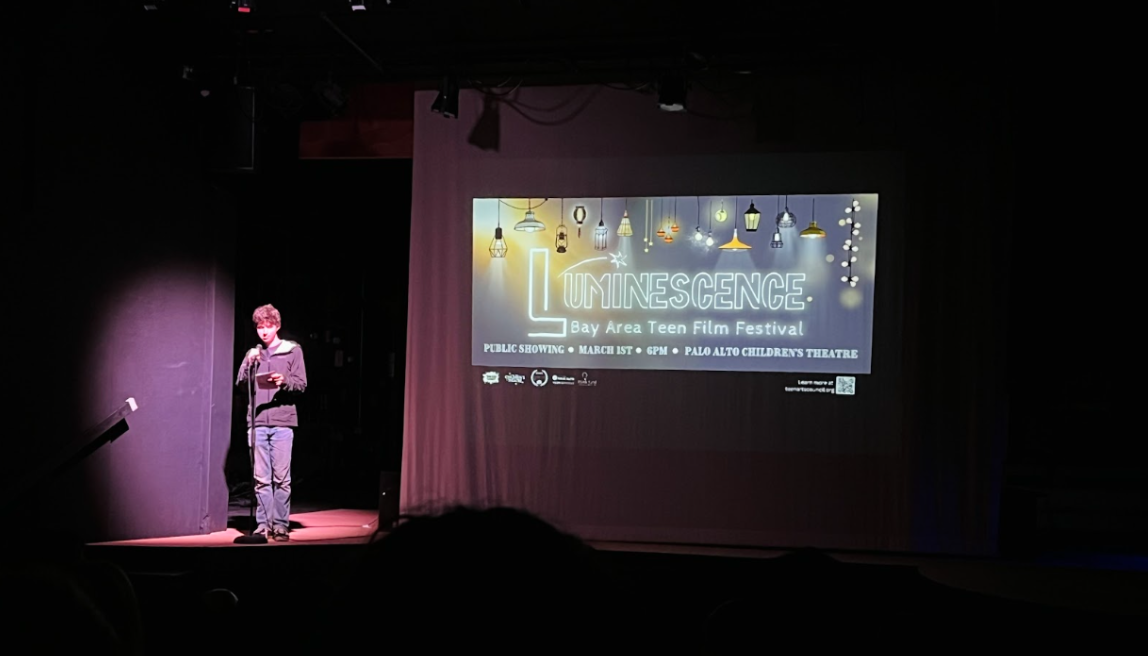

Margaret HENINGER | Jul 11, 2024 at 6:29 pm
I’m really looking forward to seeing the new season Soon!!! Hoping for many more seasons to come!!